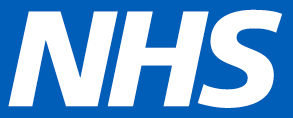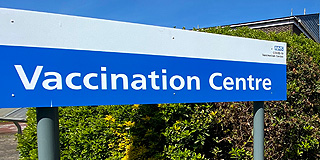
An NHS Trust in the West Midlands commissioned NHS SCW to produce a robust and credible Productivity and Efficiency Plan (PEP) for 23/24, having identified a significant shortfall. We brought together a team of NHS financial and subject matter experts to work with the Trust for three months to identify and mobilise plans for delivering £24m in 23/24.
Objective
The Midlands Acute Trust required a PEP in a short timescale that would deliver a minimum of £19 million (3%) efficiency savings in the year 2023/24, significantly more than the £2 million they had identified going into Q4 using the legacy PEP process.
What we did
We mobilised a broad multi-disciplinary team of finance consultants, analysts and operational experts to develop a PEP to deliver efficiency savings in the year 2023/24.
The team’s finance analysts created lists of potential opportunities by workstream, based on benchmarking triangulated against spend and best practice from other trusts and regions. We created comprehensive information packs for each workstream, outlining the opportunities and providing context and underlying data for each.
These opportunities were validated and prioritised by the trust directors, who were looking for the greatest potential to deliver value in 2023/24 and subsequent years without dependence on non-recurrent schemes. The PEP comprised 30 prioritised schemes, with a detailed ‘project delivery plan’ for each.
Activity
PMO implementation, operation and turnaround
Jointly delivered a robust, credible, and realistic Productivity and Efficiency Plan, agreed by the trust directors, which identified efficiency savings up to £24 million, well above the £19 million target.
Communications and engagement
Benchmarking
Data-driven decision-making
Outcome
Deploying a blended team to work collaboratively with trust operational, clinical, and financial leads was critical to success. The resultant PEP was robust, credible, and signed off by the trust directors, minimising delivery risk for the trust CFO. Efficiency savings totalled close to £24 million, above the £19 million target.






